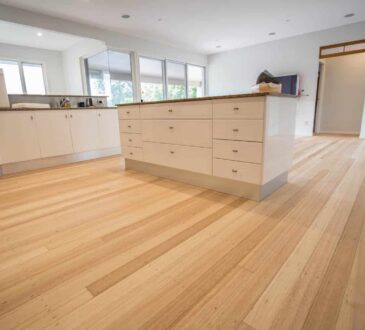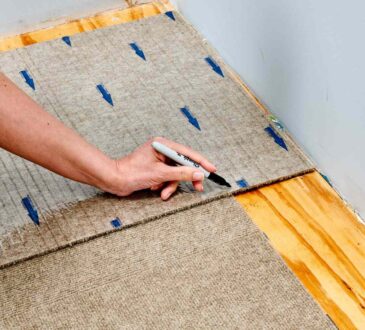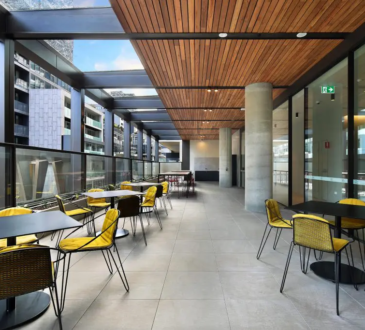
Building inspections are assessments of a property’s condition conducted by qualified professionals. These inspections cover many aspects of the structure, electrical and plumbing systems, roofing, and safety compliance. The primary goal of a building inspection is to address any existing or potential issues regarding the property’s value, safety, or functionality. In Sydney, the law often requires building inspections to buy, sell, or lease a property. These inspections provide invaluable insights into the actual state of a building, enabling informed decision-making and risk mitigation. To maximize the benefits of a building inspection, selecting a qualified and experienced inspector is crucial. In Sydney, building inspectors must hold appropriate qualifications and licenses to practice.
- Qualifications and accreditations– Look for inspectors who are members of reputable industry associations, such as the Australian Society of Building Consultants or the Housing Industry Association. These memberships indicate a commitment to professional standards and ongoing education.
- Experience and expertise– Seek out inspectors with extensive experience in the Sydney property market. An inspector who has conducted numerous inspections in the area will have a keen understanding of local building practices, joint issues, and regulatory requirements. Additionally, consider inspectors with expertise in the specific type of property you are dealing with, such as residential, commercial, or industrial.
- Comprehensive reporting-A thorough and detailed inspection report is essential for making informed decisions. Ensure your chosen inspector provides a comprehensive written report with explicit descriptions of any issues found, photographs of key areas, and recommendations for remediation or further investigation.
Inspection process
- A typical building inspection in Sydney visually assesses the property’s accessible areas. The inspector will examine the interior and exterior of the building, including the roof, walls, floors, windows, and doors. They will also assess the condition of electrical and plumbing systems, heating and cooling units, and other relevant features check my source.
- During the inspection, the inspector will take detailed notes and photographs to document their findings. They may also use specialized tools like moisture meters or thermal imaging cameras to identify hidden issues or potential hazards.
- Once the inspection is complete, the inspector will compile a comprehensive report detailing their findings. This report will highlight any defects or areas of concern, along with recommendations for repairs or further investigation. Reviewing this report carefully and discussing any questions or concerns with the inspector is essential.
Acting on inspection findings
The actual value of a building inspection lies in the actions taken based on its findings. If the inspection uncovers significant issues, such as structural defects or safety hazards, it is crucial to address these promptly. Depending on the nature and severity of the problems, you may need to engage the services of specialized contractors or engineers to undertake necessary repairs or remediation. In some cases, inspection findings may provide leverage for negotiation. If you are a buyer, you can request that the seller address specific issues before finalizing the sale or adjust the purchase price to account for the cost of repairs. If you are a seller, addressing any identified issues before listing your property can increase its marketability and help you attract serious buyers.
To maximize the benefits of a building inspection, choose a qualified and experienced inspector who can provide a thorough and detailed report. Act on the findings promptly, addressing any issues that may impact the property’s safety, value, or functionality. By doing so, you can unlock the full potential of your property investment and pave the way for long-term success in the dynamic Sydney property market.




